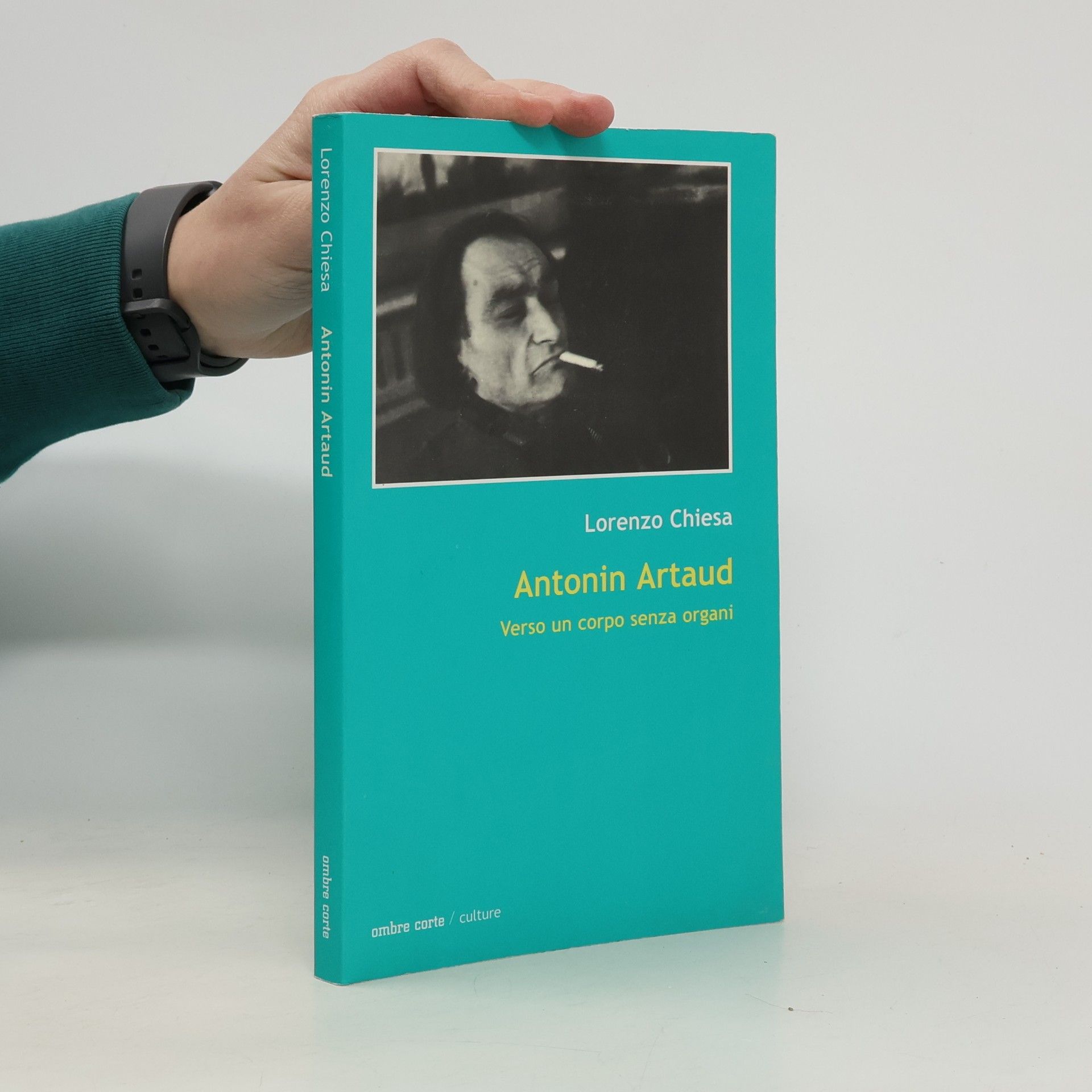The book explores the evolution of subjectivity in Jacques Lacan's work, arguing against both "pro-Lacanians" and "anti-Lacanians" by presenting Lacan as a systematic thinker. Lorenzo Chiesa provides a philosophical analysis of the Lacanian subject's relationship to otherness, examining its development through the Imaginary, Symbolic, and Real orders. He highlights the continuity in Lacan's theories despite apparent contradictions, ultimately portraying the Lacanian subject as an irreducible lack that challenges contemporary notions of subjectivity, bridging psychoanalysis and philosophy.
Lorenzo Chiesa Libros
Lorenzo Chiesa profundiza en las profundas cuestiones filosóficas de la subjetividad y la otredad. Su obra aborda la compleja interacción entre la lógica y la fe, a menudo recurriendo a la teoría psicoanalítica. Chiesa explora cómo nuestra comprensión de nosotros mismos da forma al mundo que nos rodea. Su escritura ofrece una mirada penetrante a la psique y la existencia humanas.

